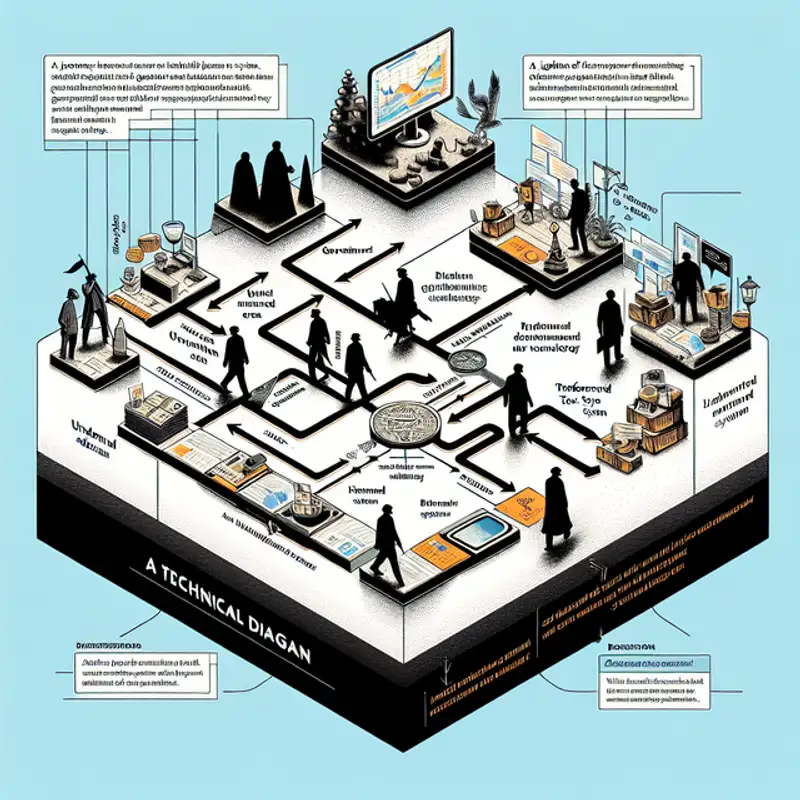In Kabul, Abdul Qahar Ghorbandi has traded covert operations for crunching numbers as the Taliban’s Taxman, transforming a once shadowy past into a role as director of the Taxpayers Services Directorate. With a friendly demeanor and a master’s degree in computer science, Ghorbandi has modernized Afghanistan’s tax system—digitizing records and insisting on transparency—to boost revenue while easing burdens on ordinary citizens. Amid a landscape marked by stringent cultural restrictions and economic challenges, his office processes taxes from teachers, merchants, and truckers alike, operating under the supreme leader’s unusual mandate for a "tax-free Afghanistan." Yet even as he champions fairness by personally paying taxes, critics note that not every taxpayer leaves satisfied, highlighting the complex challenges of reform in this isolated nation.
Key Points:
- From Covert to Calculating: Once a secretive Taliban operative, Ghorbandi now leads tax collection in Kabul, harnessing his computer science expertise.
- Modernizing Tax Collection: He has spearheaded the conversion of the tax system’s software from English to Pashto and Dari, plus hired IT experts to further streamline operations.
- Transparent Procedures: Emphasizing fairness, his office prohibits employees from handling cash directly, with payments made through a government-run bank. He notes, "We are human. We don’t want to put burdens on our people."
- Economic Context: The Taliban government, reeling from sanctions and drastic cuts in U.S. aid since 2021, collected around $3 billion in taxes and fees in 2023—roughly 15.5% of its GDP.
- Taxpayer Experience: Ordinary Afghans, including teachers, money changers, and shopkeepers, navigate a system that offers generous exemptions; for instance, shopkeepers with annual sales below two million afghanis are exempt.
- Bureaucratic Blend: Ghorbandi’s department features a mix of former Taliban fighters and previous U.S.-backed government employees, all working together under a uniquely modern yet challenging regime.
- Cultural and Social Impact: Despite reforms in tax collection, the broader societal impact under Taliban rule remains complex, as strict restrictions on women and civil liberties persist.
This summary paints a picture of a system in flux—where digital advances and a commitment to fairness are set against a backdrop of political and social upheaval, making tax collection in Kabul as much a story of transformation as it is of numbers.
Link to Article
 Episode
Episode